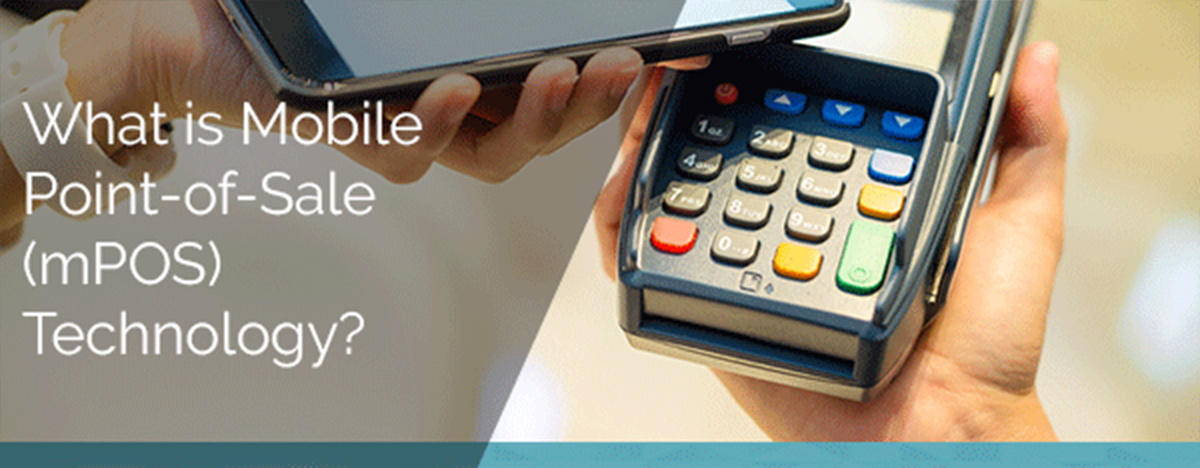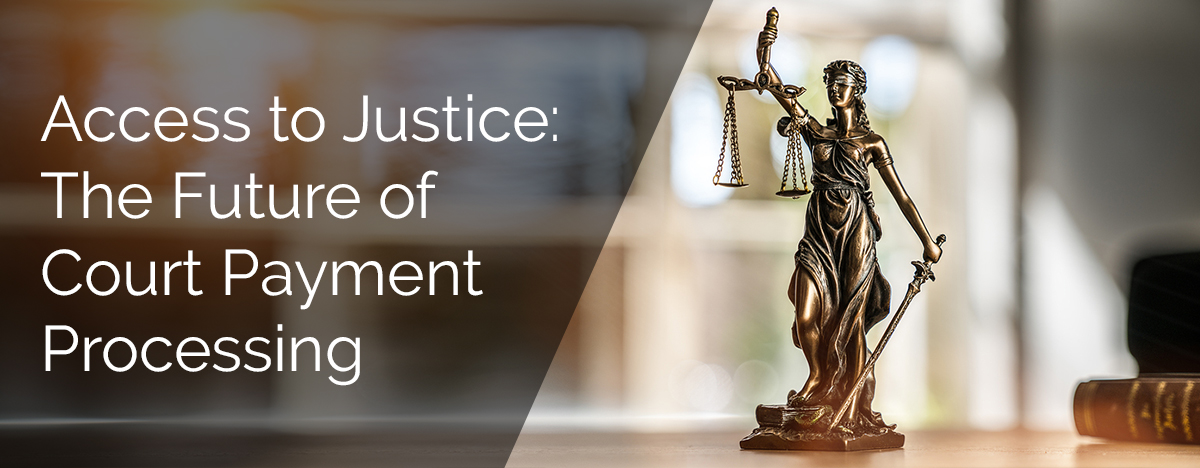[av_image src=’http://home.ncourt.com/wp-content/uploads/2017/05/cms-integration-benefits-email.jpg’ attachment=’3606′ attachment_size=’full’ align=’center’ styling=” hover=” link=” target=” caption=” font_size=” appearance=” overlay_opacity=’0.4′ overlay_color=’#000000′ overlay_text_color=’#ffffff’ animation=’no-animation’ custom_class=”][/av_image]
[av_image src=’http://home.ncourt.com/wp-content/uploads/2017/05/cms-integration-benefits-833-v2.jpg’ attachment=’3220′ attachment_size=’full’ align=’center’ styling=” hover=” link=” target=” caption=” font_size=” appearance=” overlay_opacity=’0.4′ overlay_color=’#000000′ overlay_text_color=’#ffffff’ animation=’no-animation’ custom_class=”][/av_image]
[av_textblock size=” font_color=” color=” custom_class=”]
Integrating your case management system (CMS) and payment processing solution might seem intimidating or complex. For instance, many government agencies are challenged with fragmented data, costly manual processes, delayed ticket notifications, cross-functional roadblocks, and inconsistent public access points. CMS integration does not add to the problem; rather, it is the solution to the problem.
CMS Integration Helps You Do More with Less
Many courts face decisions around implementing the best payment processing solution and CMS to effectively support its expanding operations. Even courts with access to sophisticated technologies can quickly become entangled with a complex application landscape. An effective CMS integration benefits courts and simplifies payment processing in the following ways:
- Helps to improve the accuracy of records and citizen data.
- Performs consistently so that administrators can rely on the data without question.
- Aids in reducing cash handling and accounting errors.
- Provides the ability to automate reconciliation.
- Enables integration with multiple platforms, including cash, check, ACH, mobile payment, custom-branded payment sites, and off-premise payment locations.
Court and government administration is a stressful profession. With limited staff and budgets, it can be hard for agencies large and small to find the bandwidth needed to efficiently serve citizens. Finding a payment processing solutions that easily integrates with a CMS provides courts with the means to handle reporting, reconciliation, and payments in a convenient and efficient manner.
An Overview of CMS Integration Benefits
The promise of CMS integration with payment processing is alluring to many courts; however, they fear a steep learning curve along with a misunderstanding of the complexities associated with integrating a new system. Regardless of your current CMS or financial software system, a reliable provider will offer a flexible payment solution that integrates seamlessly, making reporting, reconciliation, and payments easy and secure for you and your staff.
Payment processing integrated with CMS or financial management software offers a host of benefits:
- From citation origination and case processing to accepting payments, integrating applications saves money and improves results.
- Integration with existing software is easy and can be configured to best suit a variety of setups, including web and cloud-based, hosted, on-premises, mainframe, and client-server integrations.
- A knowledgeable and experienced solution provider will offer support, even if you decide to upgrade or change your system provider.
As a result of the widespread technology improvements in the payment processing industry, nCourt is helping to reshape how courts and government agencies approach their operational challenges. We achieve this with multiple integration options that improve the speed, accuracy, centralization, and security of data exchanged between payment and CMS platforms.
CMS Implementation is Hard … But Integration Can Be Easy
CMS with payment integration benefits an entire court system including its citizens; however, many courts are operating on an “if-it’s-not-broken, don’t-fix-it” mentality that relegates them to an understaffed, overburdened mode. Fear of technology constraints—and change in general—are causing courts of all sizes to miss out on the many benefits a CMS integration can provide. This type of integration enables you to more proficiently serve citizens with the resources on hand—doing a better job more effectively and with less effort. Don’t miss out! Simply request your free payment processing demo to see how we can help!
[/av_textblock]
[av_social_share title=’Share this entry’ style=’minimal’ buttons=” custom_class=”]
















